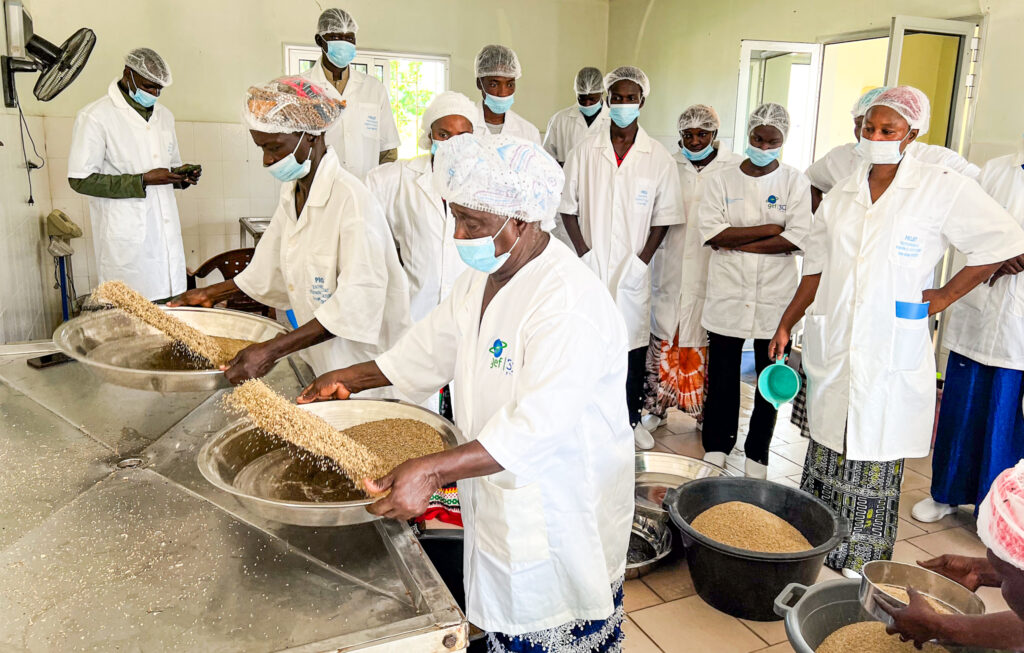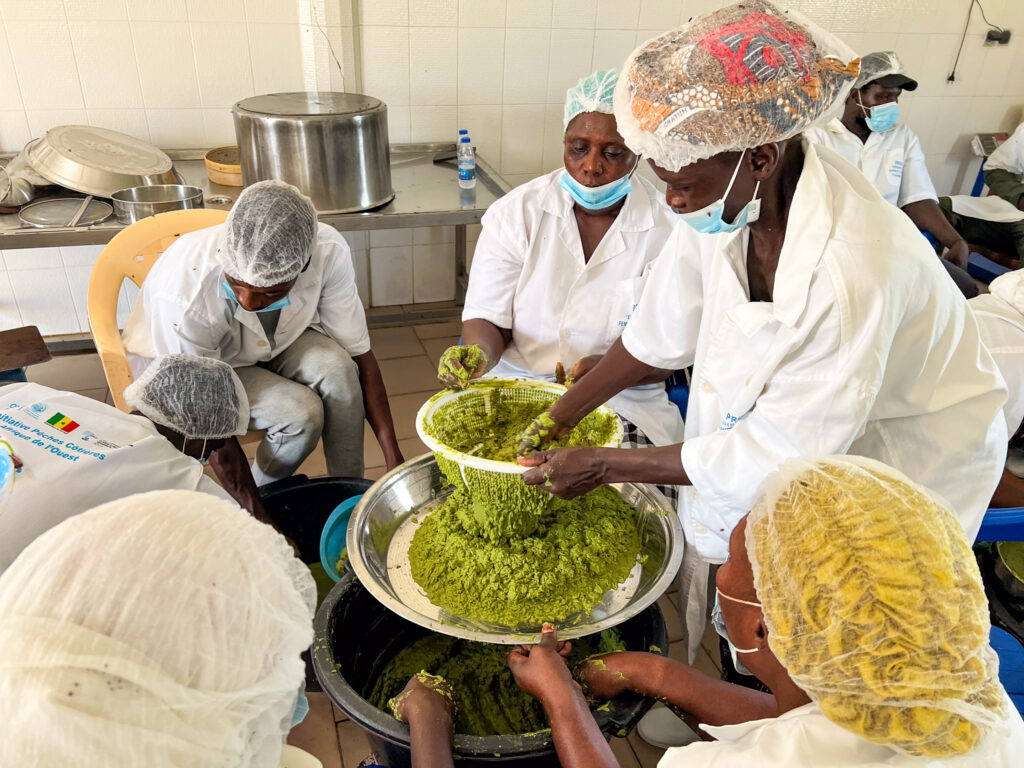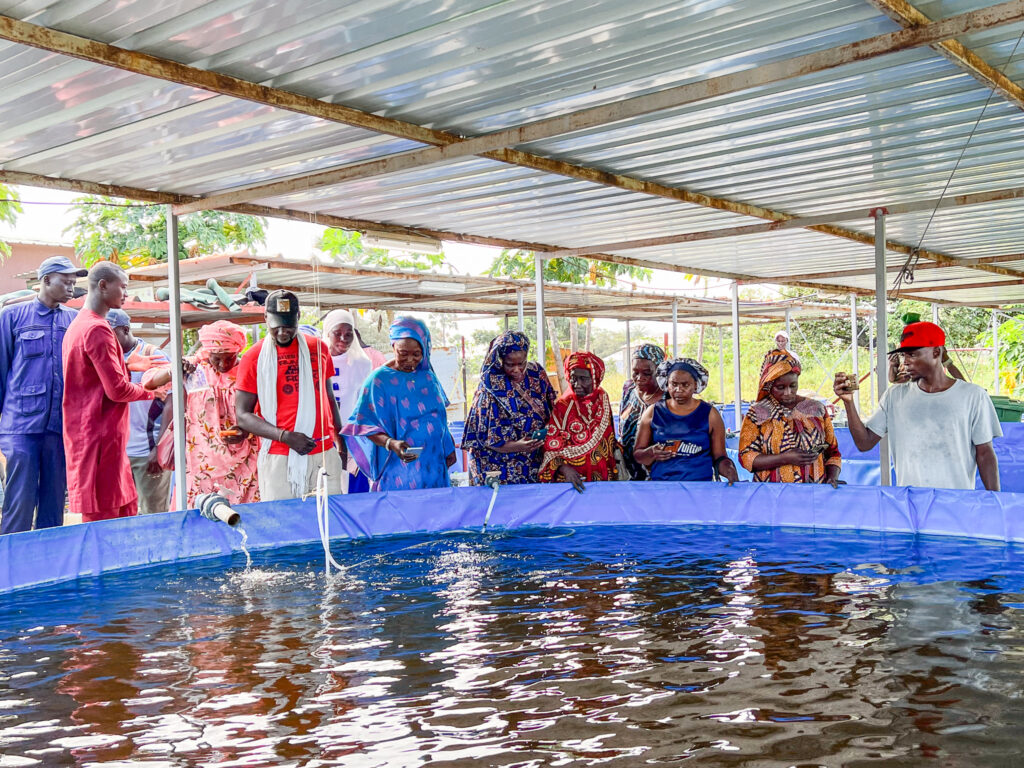
Strengthening local knowledge for inclusive development in the Saloum Delta

Dassilamé Sérère / Dionewar – Economic Development Groups (EDGs) from the Marine Protected Areas of Bamboung, Sokone, Gandoul, Sangomar and the Saloum Delta National Park took part in a series of training sessions from 22 to 31 October, focusing on the diversification of economic activities and the preservation of natural resources.
The overall objective of these sessions was to strengthen the technical skills of local communities in various areas such as market gardening, poultry farming, the processing of cereal, fishery, woody and non-woody forest products, and aquaponics. These activities are essential levers for diversifying sources of income and reducing pressure on the Delta’s natural resources.

The programme included practical modules on good agricultural management practices, nursery development, plant and animal disease management, and sessions on modern poultry farm management. Discussions focused on the need to adopt environmentally friendly and economically viable techniques to ensure sustainable production and greater economic autonomy for groups and households. Combining theory with practice, an informative field visit was organised for the aquaponics module to the aquaponics station on Falia Island, which is managed by Cheikh Anta Diop University in Dakar.
These training sessions will thus help equip the Delta’s EIGs to engage in income-generating activities that contribute to reducing pressure on the mangrove ecosystems and avian biodiversity of the Saloum Delta Biosphere Reserve.
‘By equipping local communities with practical and environmentally responsible skills, the IKI-CREAF project strengthens their role as actors in climate resilience and biodiversity conservation in this emblematic region of the Saloum Delta. In doing so, it reinforces the resilience of ecosystems and local communities to the effects of climate change, while promoting nature-based solutions.

